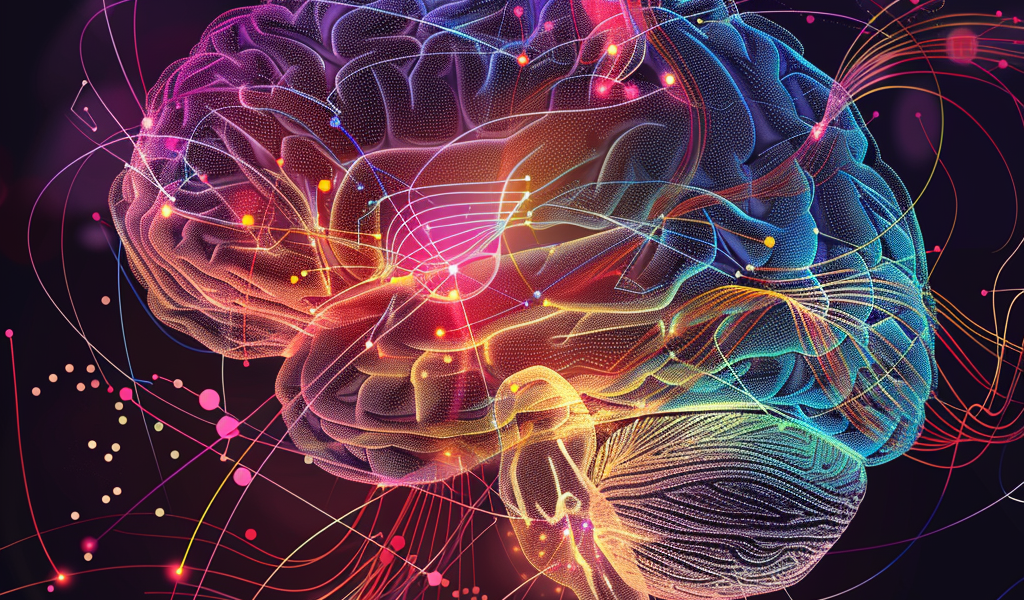This week, the Auerbach Lab at the Beckman Institute for Advanced Science and Technology has announced a new research project supported by a grant to examine the connections between autism and sensory hypersensitivity. The project aims to investigate how different genes associated with autism spectrum disorders may impact the brain’s neurons, leading to heightened sensitivity to sounds.
Autism spectrum disorders are known to be genetically complex, with hundreds of genes implicated in their development. Despite the diversity of genes involved, researchers believe that there may be common pathways in the brain that result in similar symptoms of autism spectrum disorders.
Lead investigator, Benjamin Auerbach, an assistant professor of molecular and integrative physiology at the University of Illinois Urbana-Champaign, emphasized the need to understand the pathways from genes to symptoms. Auerbach’s previous research revealed that the two most common genetic mutations associated with ASD have opposite effects at the cellular level, yet result in similar symptoms. This new project will explore whether these similarities may be due to a shared mechanism at the level of neural circuits.
The research will specifically focus on the auditory system, as sensory hypersensitivities, particularly auditory hypersensitivity, are prevalent in individuals with ASD and significantly impact their quality of life. Auditory hypersensitivity can make it challenging for individuals to process sound information, especially in busy and noisy environments like shopping malls, schools, or public transportation. This heightened sensitivity to sound has been described as physically painful and can impair an individual’s ability to focus and interact with their environment and others.
Neural circuits rely on the balance between excitatory and inhibitory synapses to function properly. An imbalance in the numbers of these synapses within a neural circuit may lead to hyperexcitability, potentially contributing to sensory hypersensitivity in individuals with ASD.
This new research project holds promise for uncovering the underlying mechanisms that link genetics, neural circuits, and sensory hypersensitivity in individuals with autism spectrum disorders. By shedding light on these connections, the findings may pave the way for targeted interventions and therapies to improve the quality of life for individuals with ASD.





